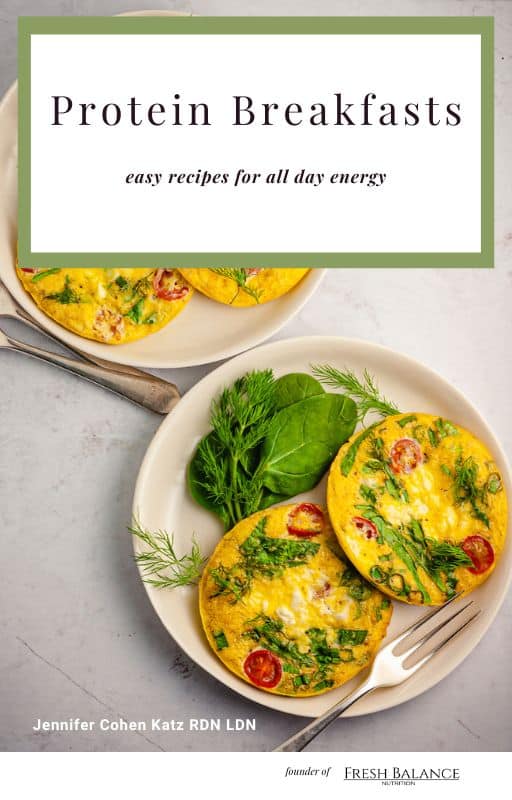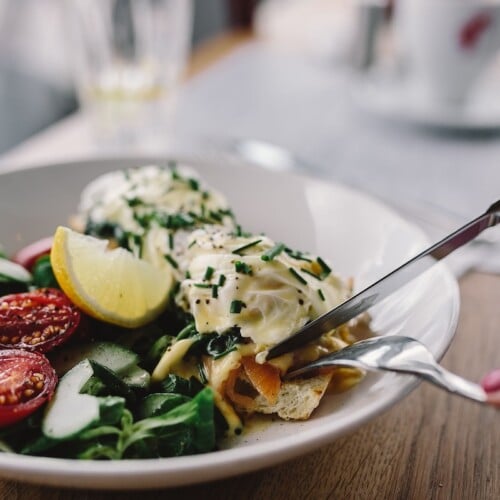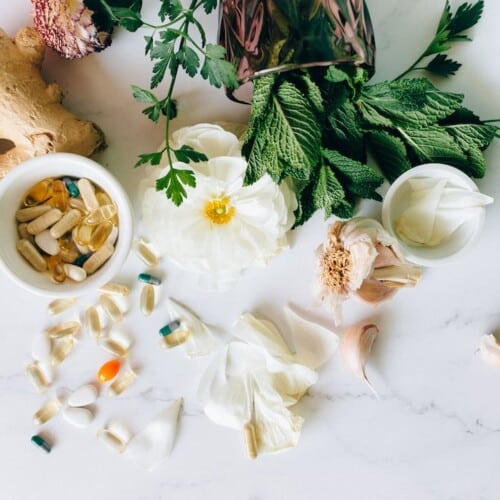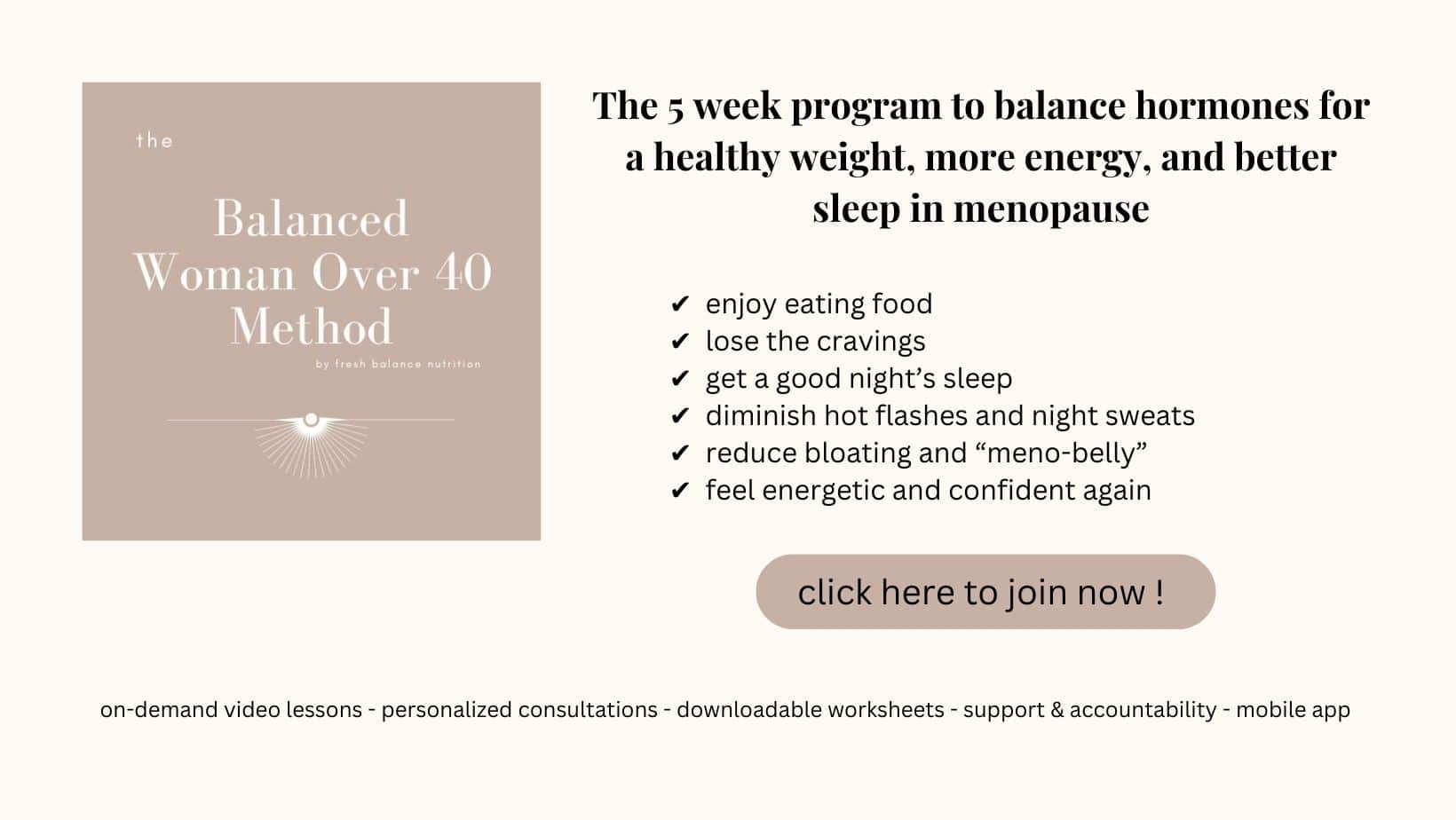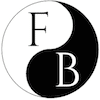Ozempic can be used during menopause for women with type 2 diabetes and, in certain cases, for obesity. In my expert opinion as a menopause dietitian I’ve identified specific dietary recommendations related to menopause specifically for those taking Ozempic.
I recommend following some general healthy eating guidelines. Using these guidelines and my Ozempic diet plan for weight loss can help you organize your nutrition on weight loss medications during menopause.
What is Ozempic?
Ozempic is a semaglutide medication used to treat type 2 diabetes by helping control blood sugar levels. It works by mimicking the effects of a hormone called glucagon-like peptide-1 (GLP-1) and can aid in weight loss.
Semaglutide meds work by slowing your digestion which can make you feel full sooner. They can also make you feel hungry less often. Although these effects can help with weight loss, you need to ensure you are still nourishing your body.
The best foods to eat on an Ozempic diet
Anti-inflammatory vegetables and fruits
These plant foods protect your health with compounds that reduce risk of disease. Stock up on berries, broccoli, peppers, mushrooms, and tomatoes.
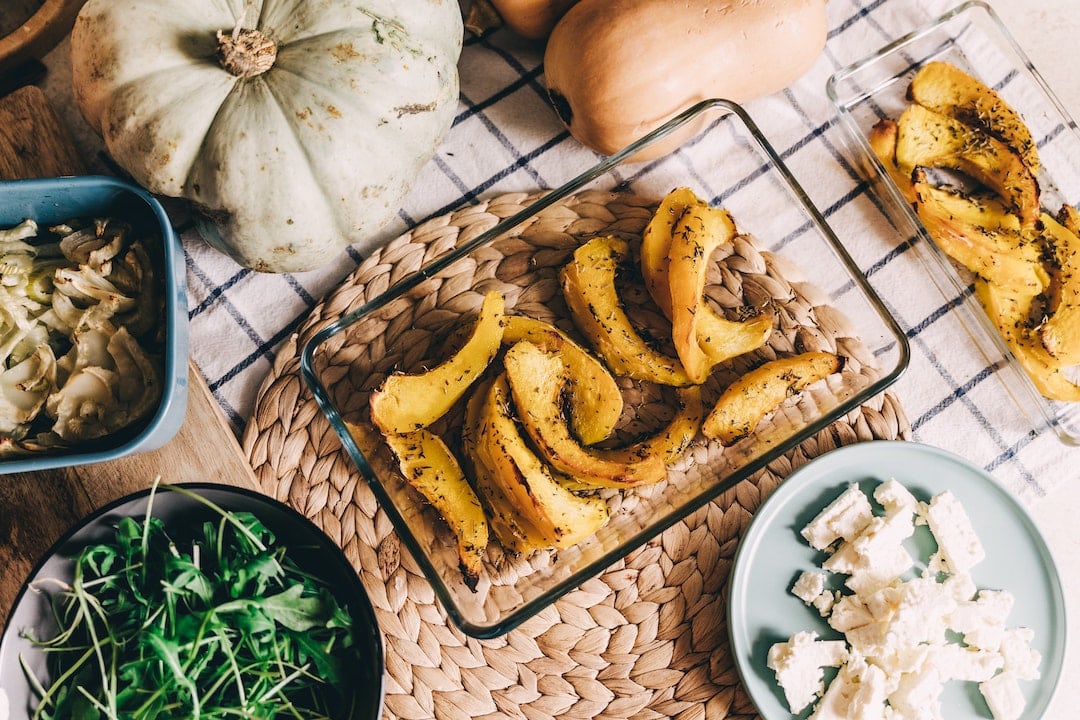
Nutrient-dense Carbohydrates
Since Ozempic helps regulate blood sugar, it’s important to manage carbohydrate intake. Choose complex carbohydrates like quinoa, winter squash, sweet potatoes, beets, and apples. Minimize simple sugars and refined carbs like sodas, candy, and high-sugar bakery treats. This can help keep your blood sugar levels stable.
Water and high water content foods
Stay well-hydrated by consuming water, tea, and water-rich foods throughout the day. Sometimes thirst can be mistaken for hunger, so staying hydrated can help prevent overeating. Make sure to have choices like seltzer water, herbal tea, kombucha, cucumbers, leafy greens, celery, and zucchini on hand.
Sources of Calcium and Vitamin D
Menopausal women are at a higher risk of bone density loss. Our calcium needs increase during menopause. Vitamin D helps with calcium absorption. Dairy products, fortified non-dairy alternatives, leafy greens, and supplements are some of the best sources of both nutrients.
Healthy Fats
High fat foods are a no-go while taking Ozempic but we still need sources of healthy fat. Include foods in your diet, such as avocados, nuts, seeds, and olive oil. Fatty fish, like salmon and sardines, are great sources of omega-3 fatty acids. Healthy fats help support heart and brain health.
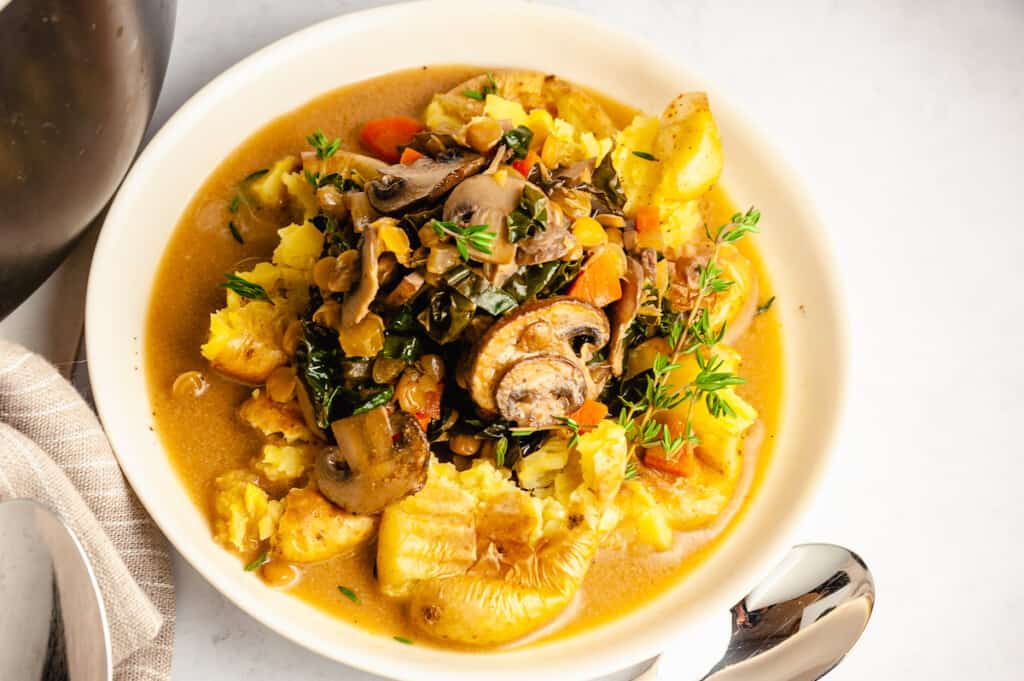
Protein
You are likely to lose a little muscle mass for 2 reasons. You lose some muscle along with fat tissue whenever you lose weight. It’s more difficult to build muscle and maintain muscle mass because of declining estrogen during menopause. Protein can help maintain muscle mass and help you feel satisfied after eating. Choose your favorite lean protein sources like poultry, fish, tofu, legumes, and lean cuts of meat.
High fiber foods
Incorporate high-fiber foods like beans, pears, berries, carrots, brussels sprouts, and lentils into your diet. Fiber can prevent constipation, feed your good gut bacteria, and help balance blood sugar.
Ozempic® diet plan for weight loss
I’ve created an Ozempic diet plan pdf for you to use to build your own nutrition strategy.
Ozempic is more effective with nutrition and lifestyle changes. Working with a dietitian to create personalized, long-lasting eating and lifestyle habits will have a positive impact on your health.
Menopause comes with some health challenges for some women. It’s important to personalize your diet and work closely with your healthcare team to manage your specific health goals while on weight loss medications like Ozempic.
Let’s make sure your Ozempic diet plan for weight loss is personalized for you. Schedule your call with me!



